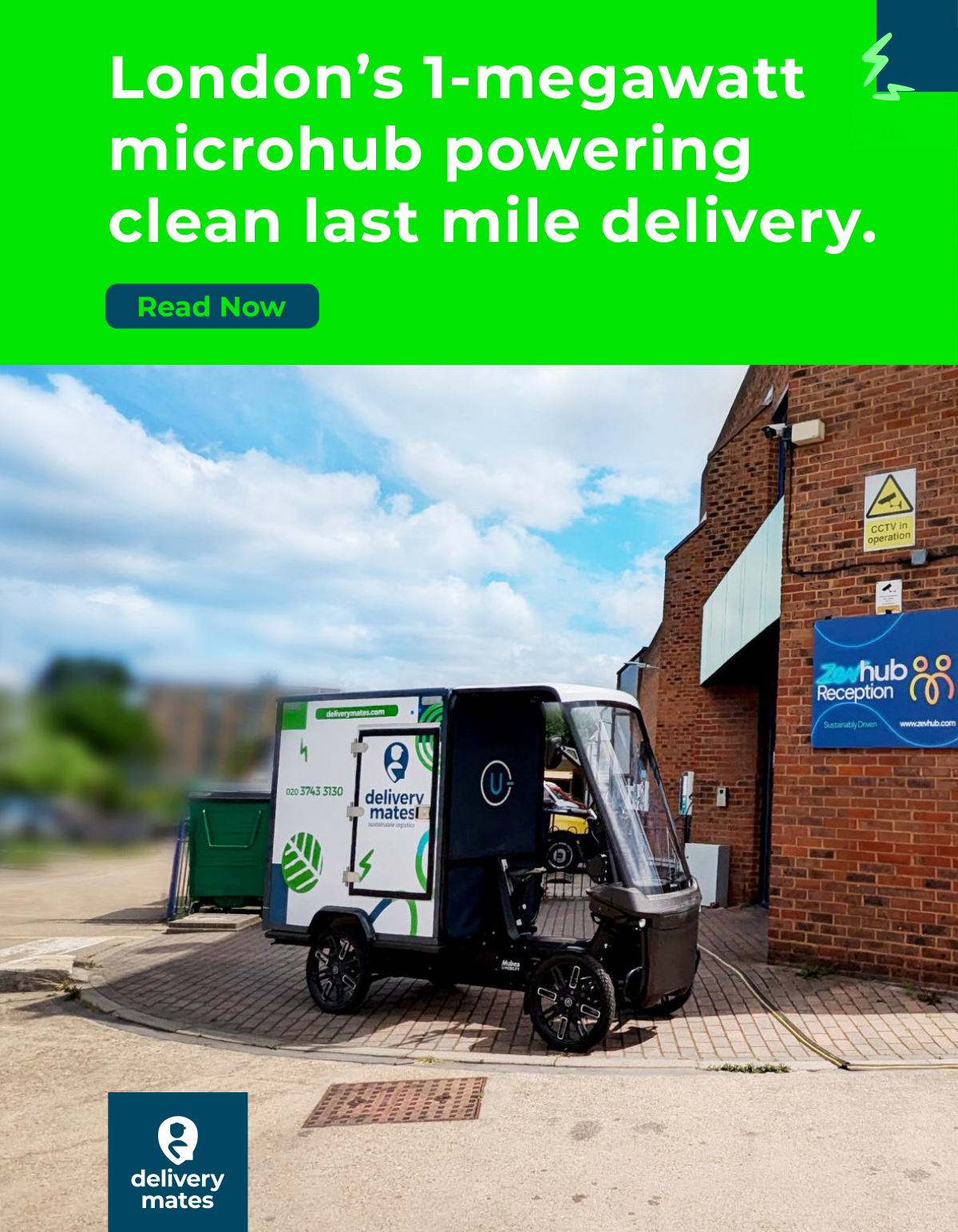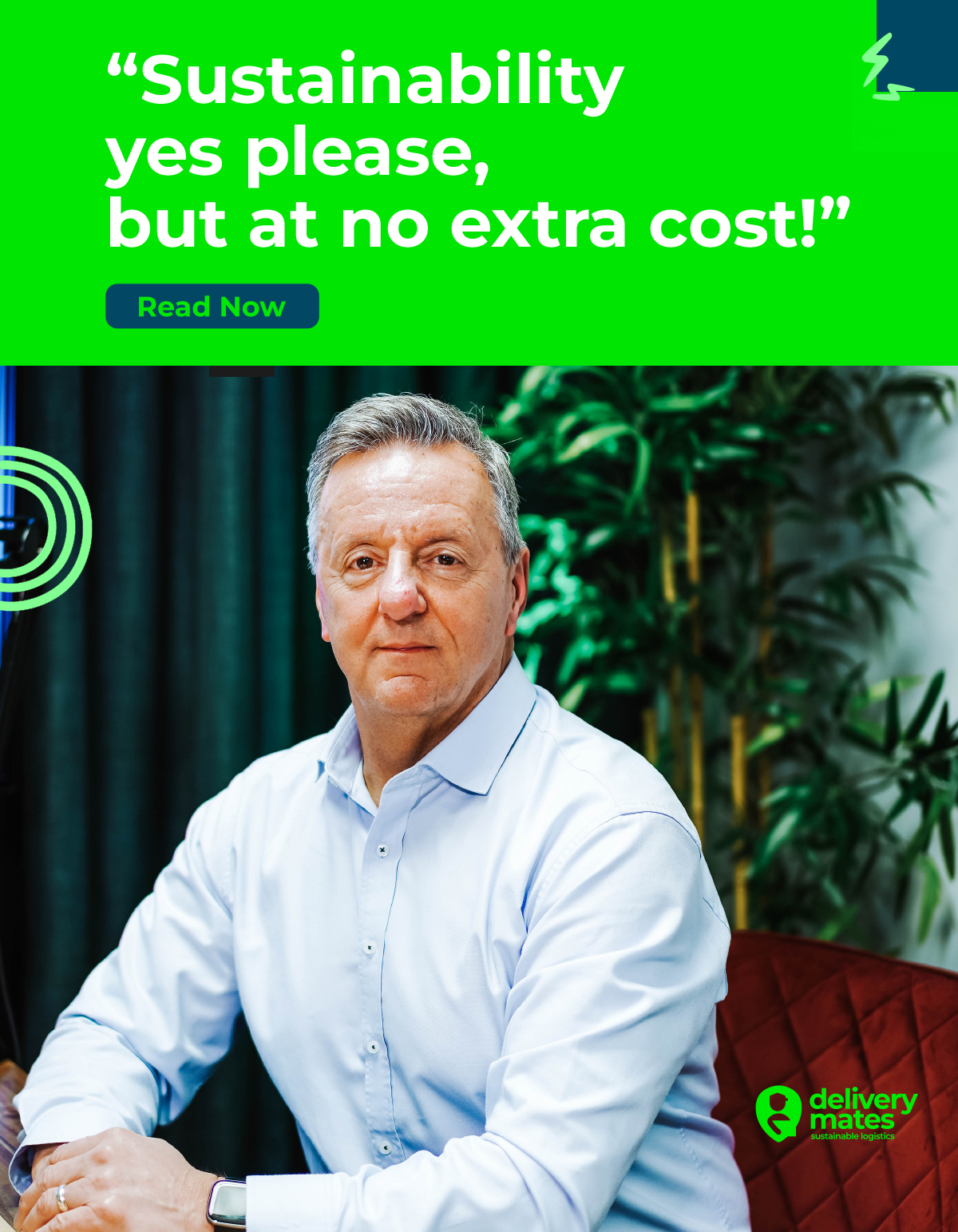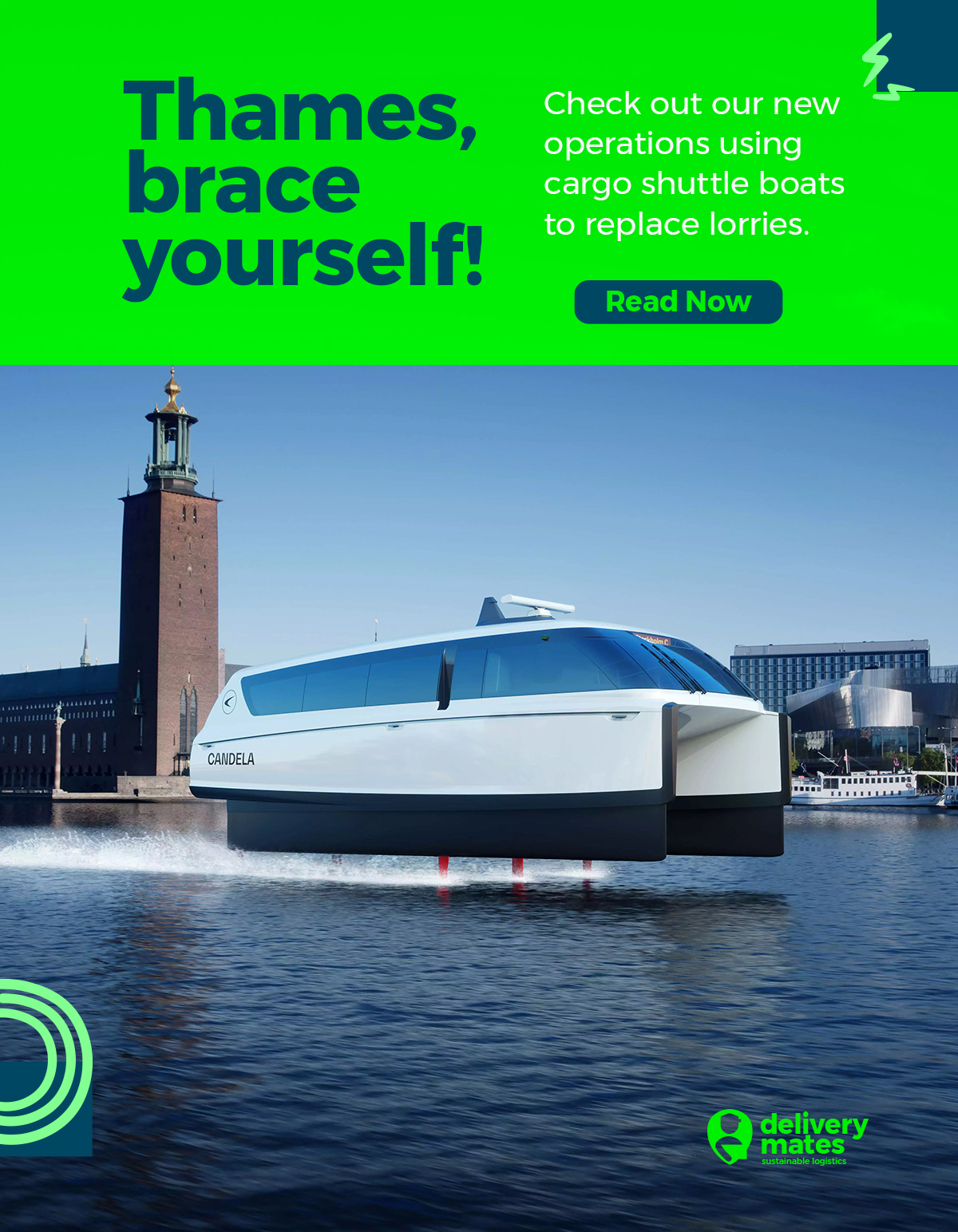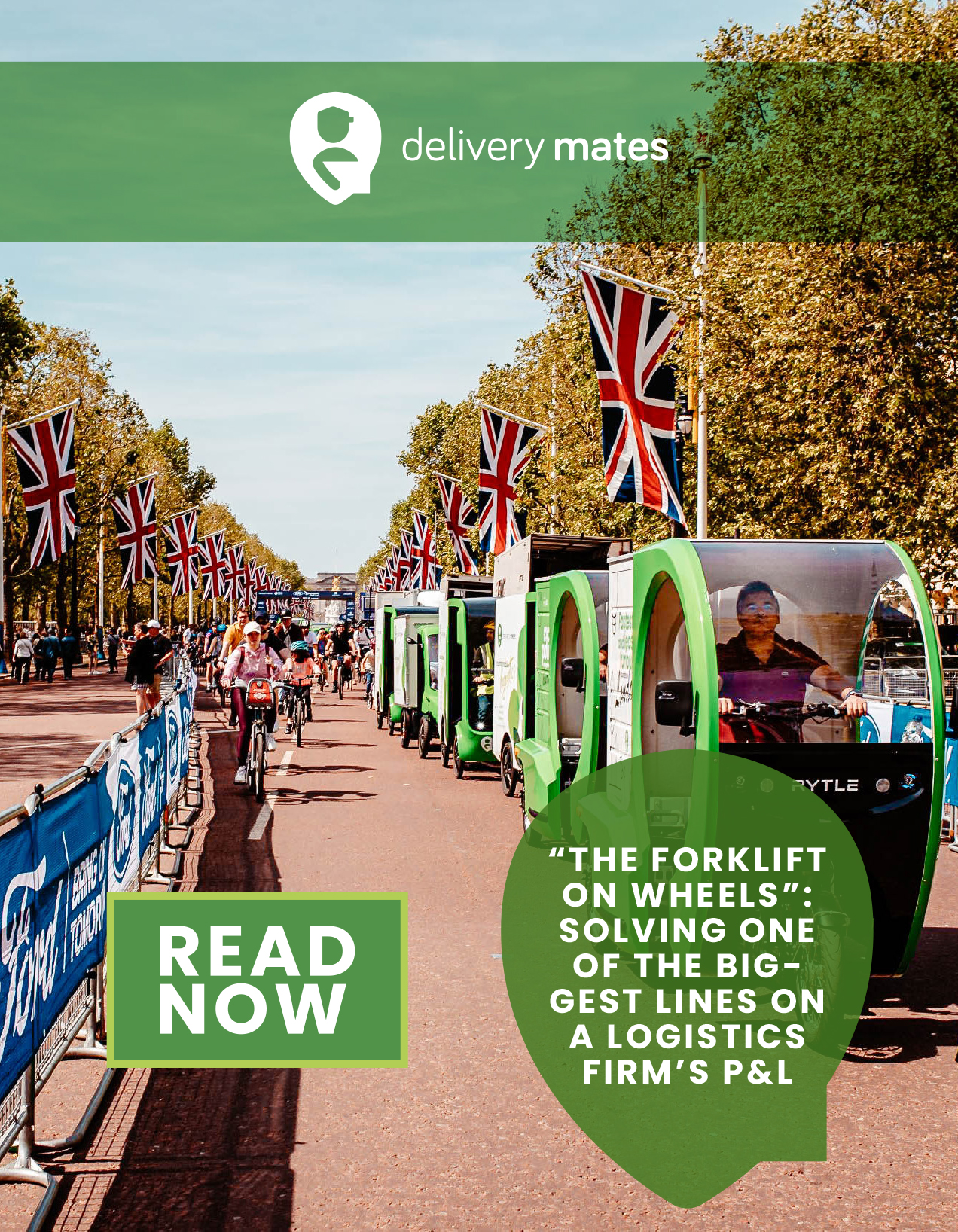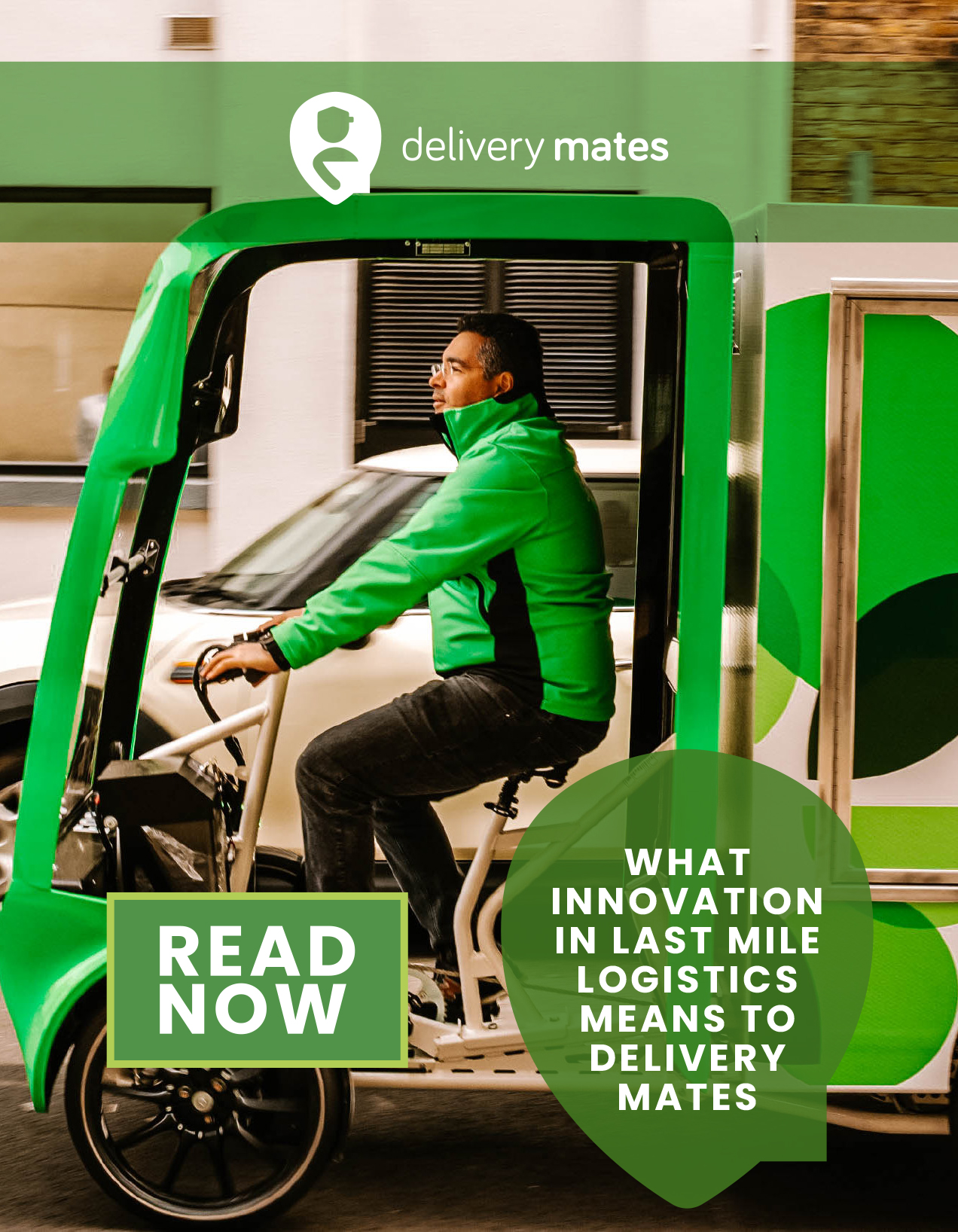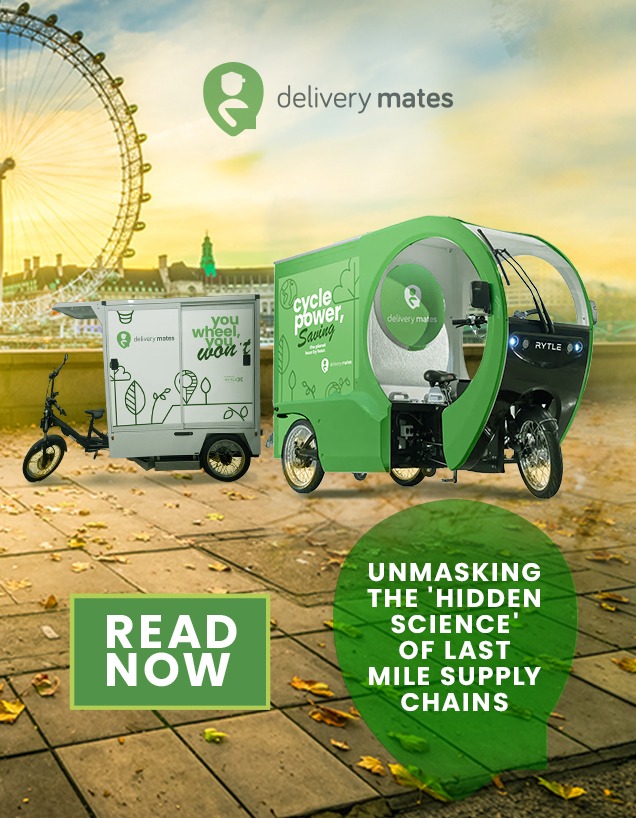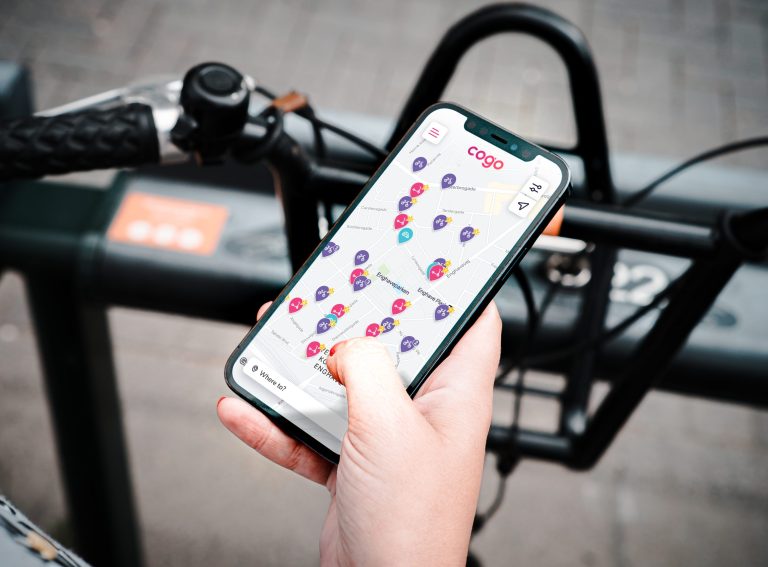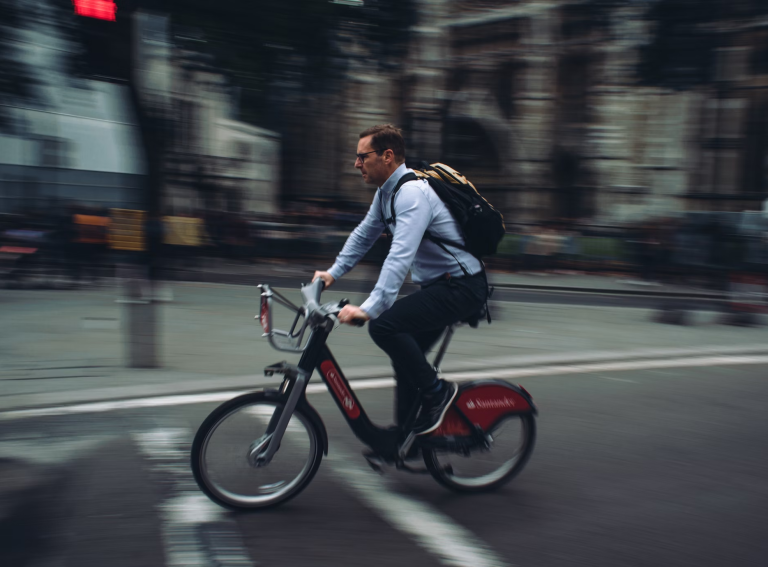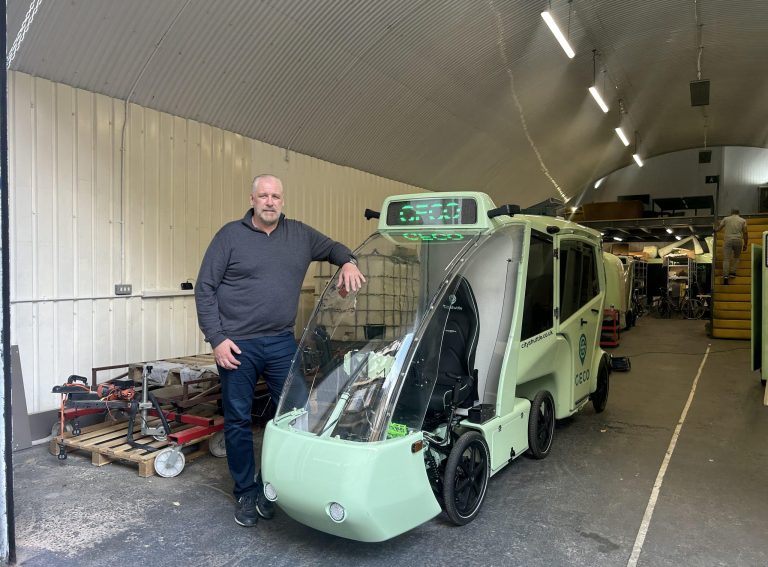London-based micromobility company HumanForest has released its first annual sustainability report.
By using only electric vehicles that are charged with certified renewable energy to service its fleet, the company has achieved the mark of zero emissions from its own operations.
Considering indirect emissions, HumanForest has calculated a carbon footprint of 30.9 grams of CO2 per kilometre driven by the production and transportation of e-bikes to London.
Named scope 3 emissions, they occur from sources not owned or controlled by the company. The report shows that 90% of them come from the production of e-bikes and e-mopeds.
HumanForest wants to reduce them to less than 30g per e-bike kilometre by next year.
The calculations add 5% extra as a margin of error and do not take into account negative emissions from reusing parts, recycling or extrapolating vehicle lifespans.
“We are actively looking at ways to reduce Scope 3 emissions across all areas,” Laura Elms, Head of Sustainability at HumanForest, told Zag Daily.
“In relation to the production of our eBikes, over the course of the next year, we will be working with our hardware suppliers to agree on a code of conduct to which they commit to adhering,” said Elms. “This code of conduct will focus on their impact on the planet, their people and communities.”
HumanForest wants to ensure that 100% of its suppliers sign the code of conduct. By 2024, the company plans to conduct audits to monitor its partners’ conformity to it.
Additionally, the firm moved the assembly of its e-bikes to Europe last year to reduce shipment emissions going forward.
HumanForest has also signed a carbon offset project with First Climate. To compensate for its scope 3 emissions, the company is providing households in Bangladesh with biomass field stoves.
Sustainability strategies
The firm is also working towards being able to recycle and repurpose 90% of e-bike parts. Currently, 60% is recycled with a target of 75% by September 2024.
When it comes to end-of-life batteries, HumanForest is working with partners on solutions to use them for off-peak power storage. The firm also aims to increase the number of employees commuting by bike from 20% in 2022 to 25% this year.
Since the company launched in September 2021, the average ride time has increased from 15 minutes to 32 minutes. According to the firm, 70% of the trips take place during peak commuting times.
As part of its strategy to become the most affordable and sustainable micromobility company, HumanForest has given away 11 million minutes of riding for free to Londoners.
The company is one of only two micromobility firms in the world to have achieved B Corp status. Becoming certified is a designation that a business is meeting high standards of verified performance, accountability and transparency.

